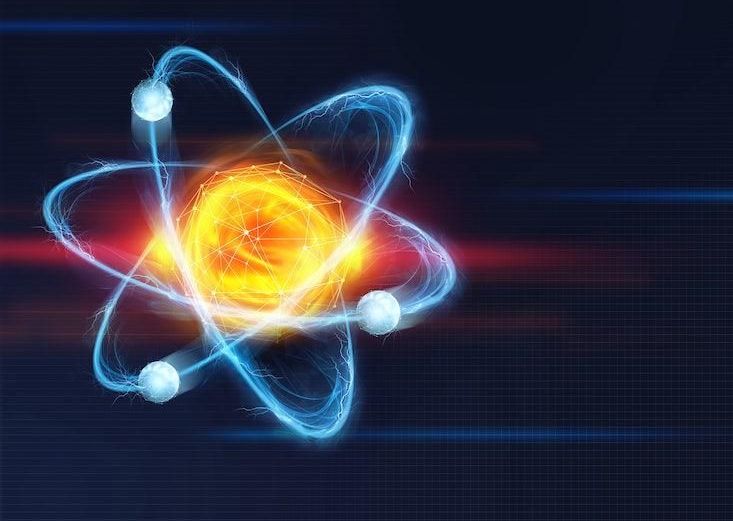Electrons may have some type of extremely rudimentary mind.
While there are many versions of panpsychism, the version I find appealing is known as constitutive panpsychism. It states, to put it simply, that all matter has some associated mind or consciousness, and vice versa. Where there is mind there is matter and where there is matter there is mind. They go together. As modern panpsychists like Alfred North Whitehead, David Ray Griffin, Galen Strawson, and others have argued, all matter has some capacity for feeling, albeit highly rudimentary feeling in most configurations of matter.
Panpsychists look at the many rungs on the complexity ladder of nature and see no obvious line between mind and no-mind. Philosopher Thomas Nagel famously asked in 1974 what is it like to be a bat, to echolocate and fly? We can’t know with any certainty, but we can reasonably infer, based on observation of their complex behaviors and the close genetic kinship between all mammals and humans—and the fact that evolution proceeds incrementally—that bats have a rich inner life. By the same logic, we can look steadily at less-complex forms of behavior that allow us to reasonably infer some kind of mind associated with all types of matter. Yes, including even the lowly electron.
